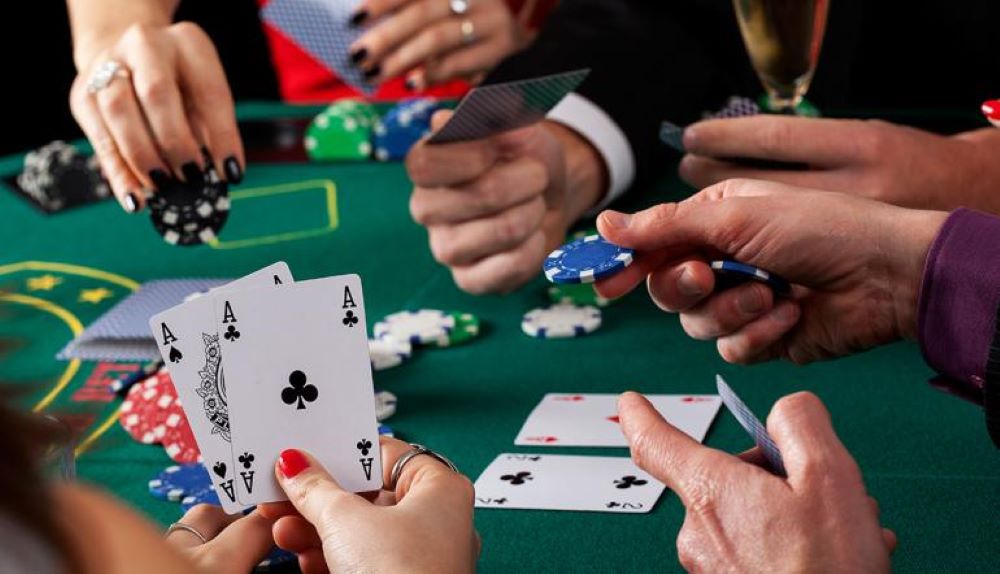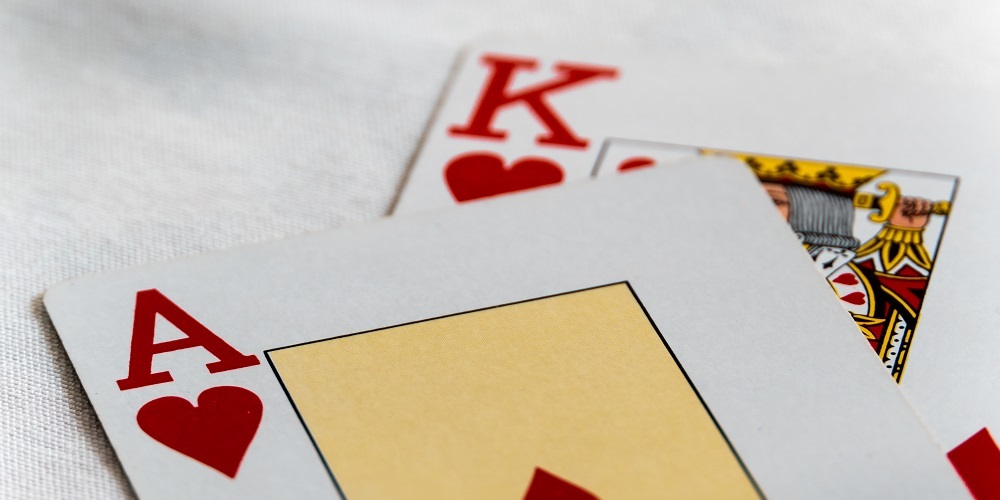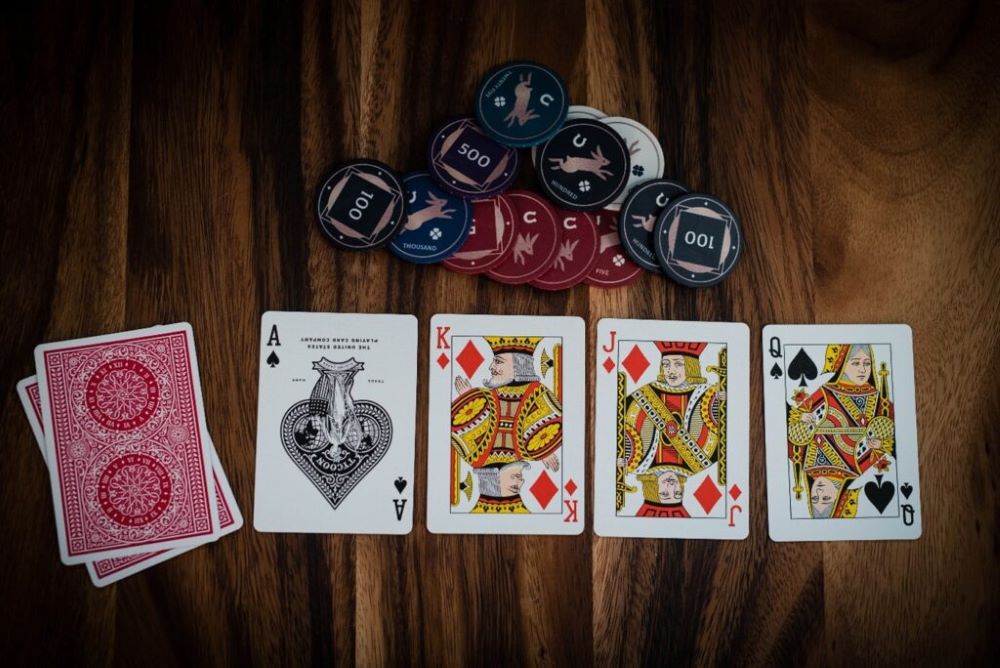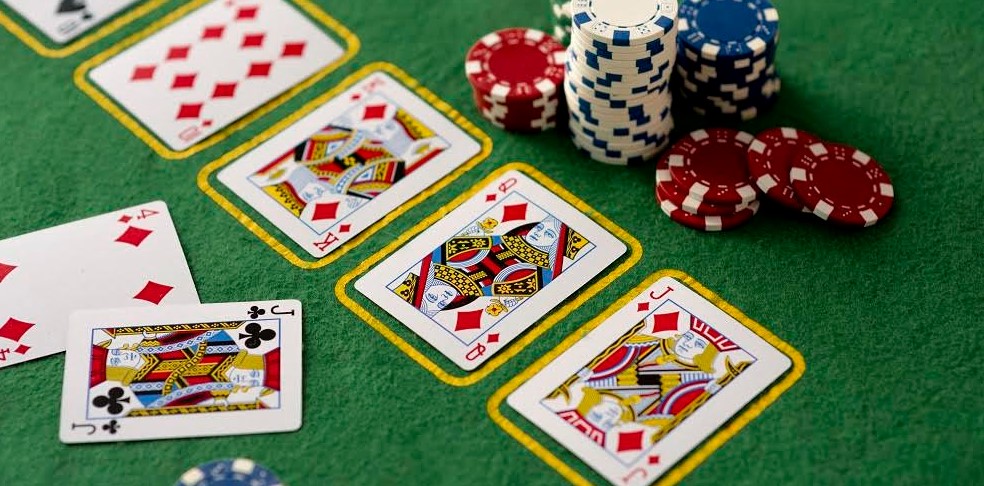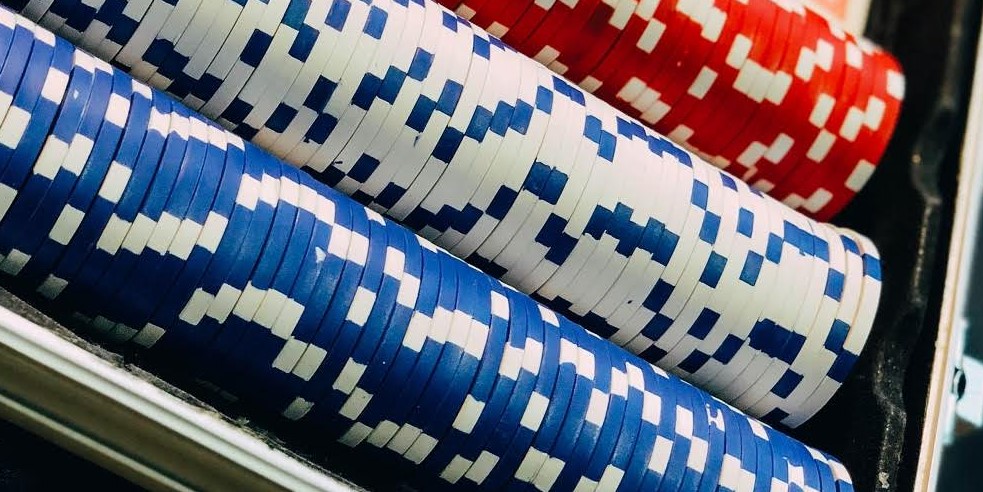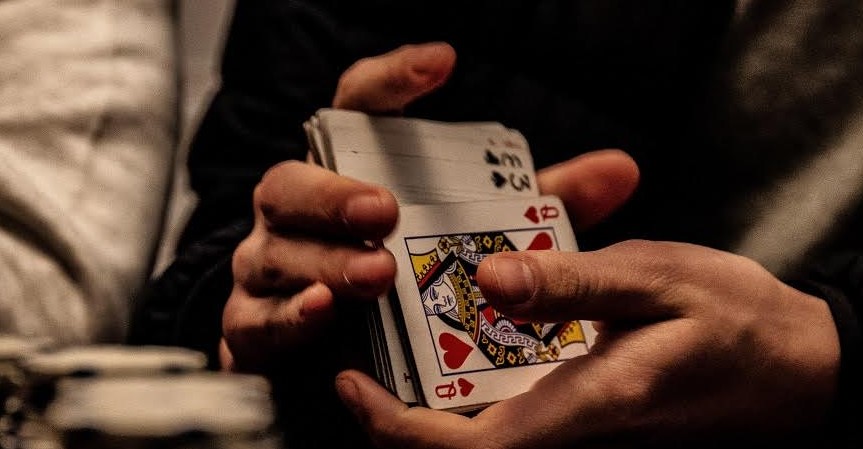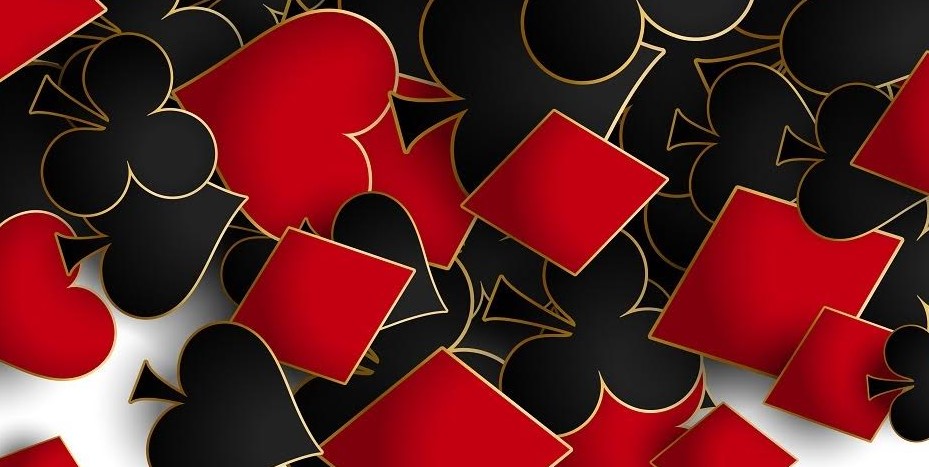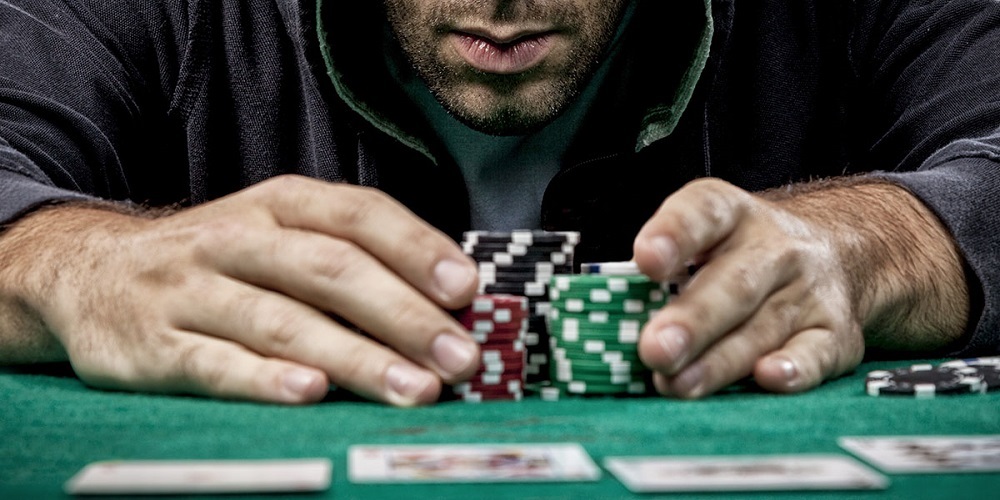Learning to play poker involves knowing many of the aspects that are part of the game. Actions, types of bets, characteristics of a player, personality traits that can be used to analyze plays, probabilities and opportunities… there is a whole world of terminology associated with poker that we have summarized in these lines, capturing the essentials of the glossary of poker to make your approach to poker as bearable as possible if you have not yet started in this exciting game of mathematics and skill.
Glossary of poker terms for amateurs

Poker concepts are learned as you gain knowledge of the game. But while some are familiar because they are so popular, other concepts are not known until you have gained some experience.
However, let’s start with some of the elementary concepts that every newcomer to poker should know. This should be a great glossary of poker terms for beginners:
- Buy-in. The buy-in is the price of the entry fee paid to participate in a game. Normally, the price determines the level of the game and the potential winnings. Tables with small buy-ins are ideal for inexperienced players, but the most expensive tables, with buy-ins that can reach three zeros, are usually reserved for professional players.
- All-in. It is an expression used for going all-in, a play in which, precisely, all the chips are bet. The total remaining amount is put into play, with the stack and continuation in play.
- Raise. When it is your turn to talk, you can fold, call or raise. Raise means to raise the bet previously made by another player. If the raise is made preflop, the bet of the big blind is raised, which will have to increase at least twice what it is worth at that moment.
- Call. In poker, a call is the equivalent of calling the bet that a player has previously made. Calling is a way to stay in the hand by betting the minimum amount required to stay in the game.
- Big Blind. Also referred to as the “BB”, this is the big blind. It is the bigger of the two blinds and is normally used in Hold’em games. Its value is usually twice that of the Small Blind, and is equivalent to the minimum bet of the round.
- Small Blind. Also known as the “SB”, the Small Blind is the bet made by the player immediately to the left of the dealer.
- Button. The button is the player who acts as the dealer during the hand. In the games, in the absence of a dealer, one of the players takes the place of the button, who is in charge of dealing the cards. It is so named because it is designated by a button-shaped chip.
- Flop, Turn & River. These are the names given to each of the three main rounds of poker. In each of them, a community card is added. They occur in this order: flop, turn and river, and in each of them a round of betting takes place.
- Bet. This is the term we use for “betting”. When we say that a player bets, we mean that he bets, that is, he stays in the hand and does not discard.
- UTG – Under The Gun. This is one of the critical positions at the table. He is the first to speak in a betting round and, therefore, the most disadvantaged, because he speaks without having any information about the others and goes totally blind.
- Calling Station. This is one of the most famous terms in poker used for a weak, passive player who usually tends to call a lot of bets, but never raises or folds. He is a delight for those who want to take a cut at the expense of others, as he is an easy player to squeeze.
- Tight. A tight player is a player who is selective with the hands he plays, who does not usually speculate and who rejects multi-player pots. When a tight player raises, it is usually because he has a very good hand. Very famous are the tight-aggressive players (TAG), who play very few hands (about 1 in 10), but with a very aggressive style.
- Loose. Loose players are those who usually play a lot of hands. Some of them go preflop a lot and in the postflop they call systematically (loose-passive). Loose-aggressive players are those who play many hands very aggressively. The latter are known as “LAG”.
- Maniac. This adjective refers to kamikaze players who play impulsively, unconsciously and without any rationale. Their moves have nothing to do with risk-taking, but rather with not analyzing the consequences of a move. They are extremely dangerous because of their level of aggressiveness, and can destabilize a game by breaking the patterns of the other players.
- Kicker. The kicker is a crucial card in Hold’em games. It is a card that has no value on its own, but in the company of a hand it can be decisive in winning (or not) in the event of a draw. The highest value kicker is the one that makes a hand a winner. The player with the lowest kicker loses.
- Rake. The rake in poker is the amount of the bet that the table keeps as consideration for services rendered. It is a small, almost testimonial percentage that is applied to any bet. Associated with this term is rakeback, which is the part of the rake that is returned to the player, allowing him to accumulate a balance in returns with which he can earn additional prizes and rewards.
- Bad Beat. We can define a “bad beat” as a winning hand that we have managed to bind and that, at the last moment, because of the last card, becomes a losing hand. A bad beat can be contemplated, but almost never avoided, since a player with a strong project is not going to give it up because of the remote possibility that, forming the hand, he will end up losing.
Terms in poker for advanced players
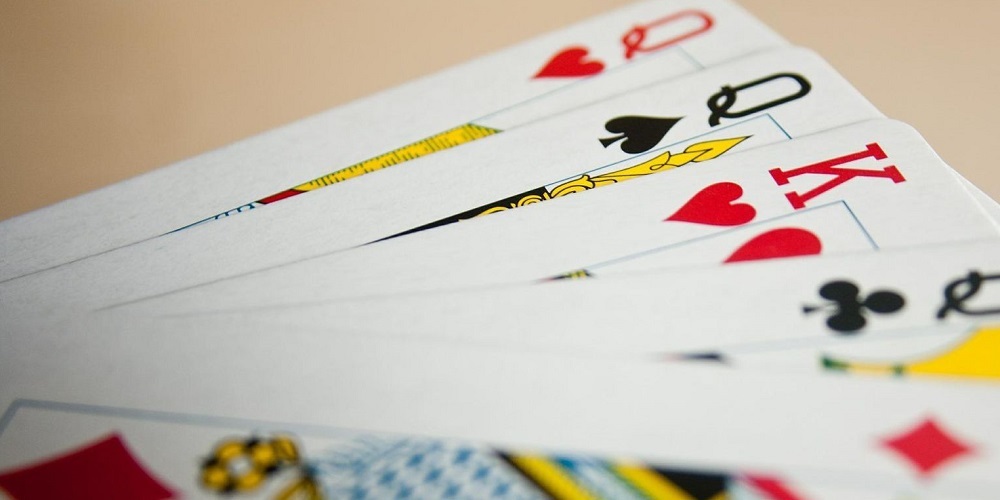
There is not necessarily a leap between the actions of a professional and an amateur player, it is more gradual.
However, in the following list we have included some of the concepts that, while you may have already heard, are not usually fully understood until you have acquired a certain level of poker proficiency. These are the most representative:
- Variance. It is one of the most complex and difficult to explain concepts of the poker glossary. It would take an exclusive article dealing with this concept to understand the real implications that this concept has in the game, but we can define it briefly as the difference between positive and negative streaks. All poker players are subject to a bad streak (which comes sooner or later), and at that point there is a variance in the winrate, the rate of winnings. Variance is that change in winrate caused by a losing streak, and it is impossible to predict.
- Tell. Surely, even before you started playing poker, you already knew that it was essential to make a thorough reading of your opponent: his gestures, his reactions, the way he looks, the way he throws his chips, the way he interacts with his cards… Even the most inexperienced player knows that. But knowing tells, how to hide your own and how to master the art of deception by using your own reactions to mislead requires experience, a lot of self-control and a great deal of concentration. Tells are not only there to be identified, they are there to be exploited.
- Implicit Odds. Implied odds are odds that not only take into account the size of the pot, but also consider the chips or money that can be obtained as a reward in future bets. One of the most difficult poker terms to explain and execute, because it requires simultaneous calculations to be made during play. They are widely used by professional gamblers, precisely because they are the type of odds that focus primarily on future winnings.
